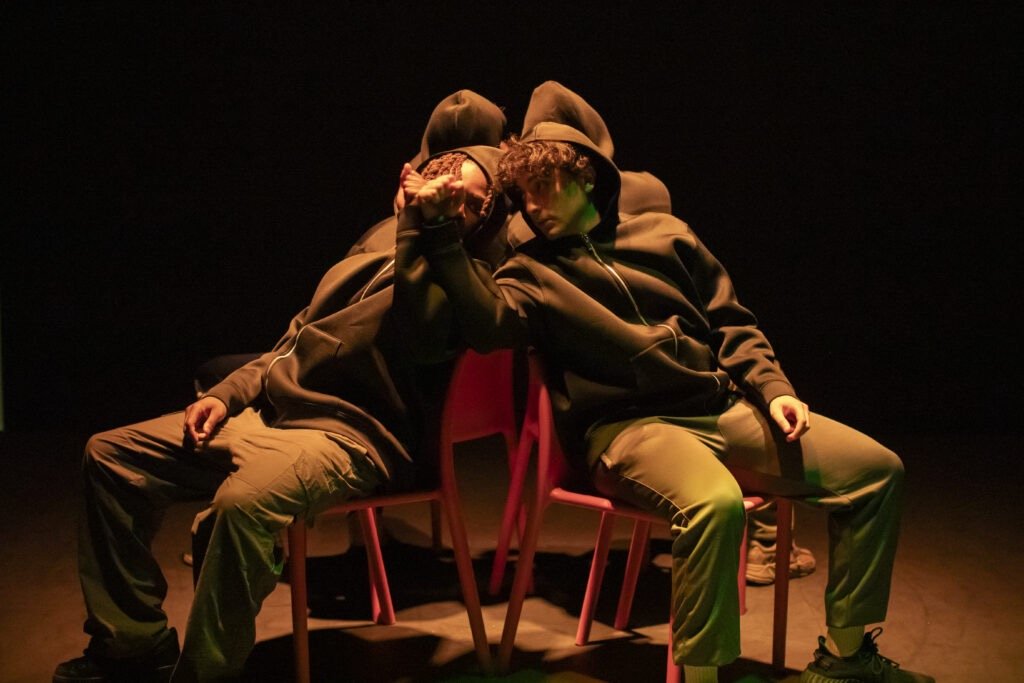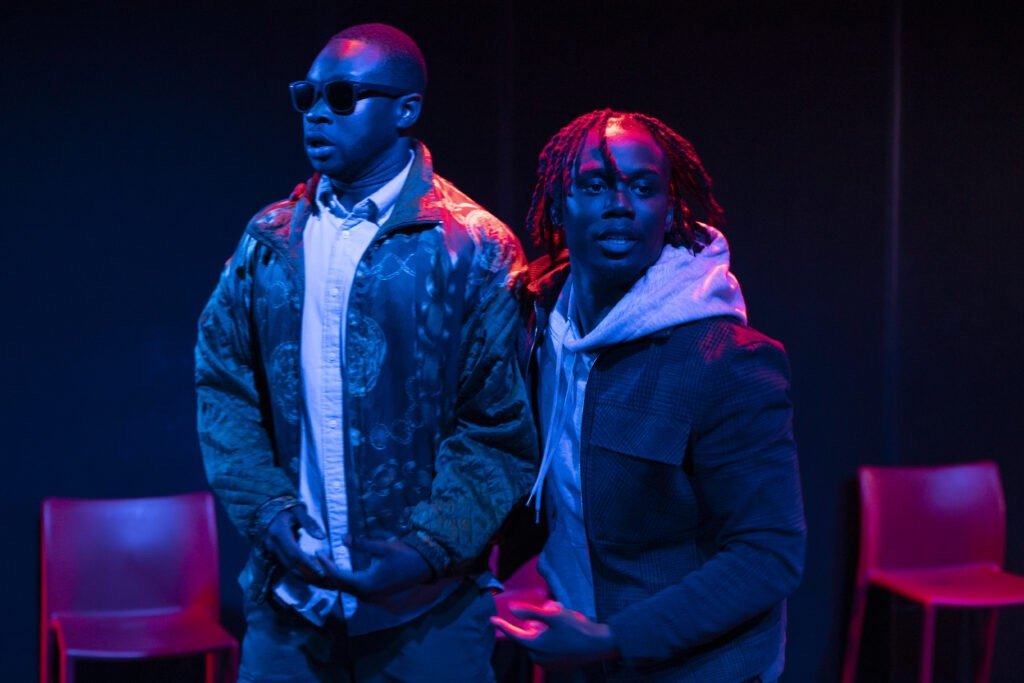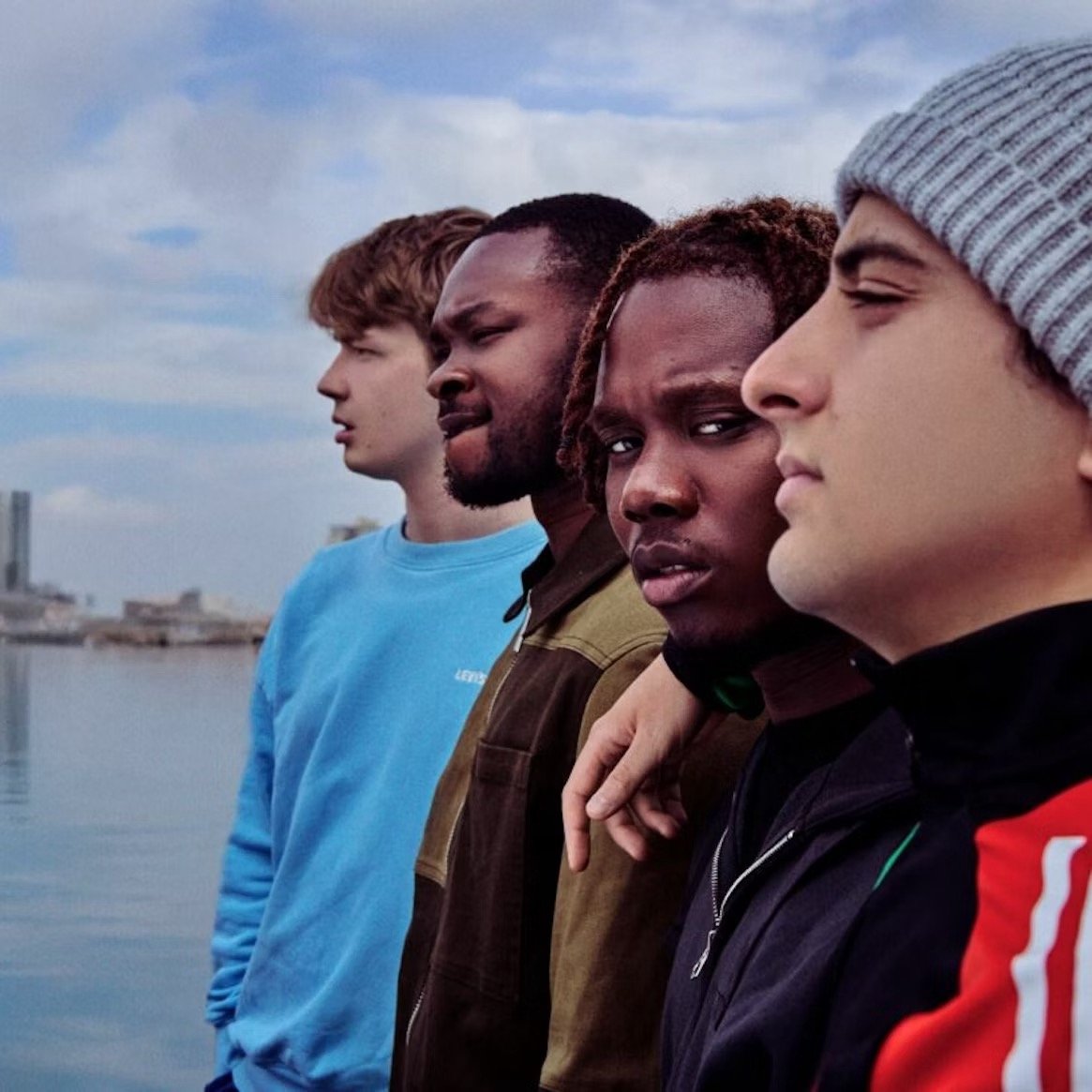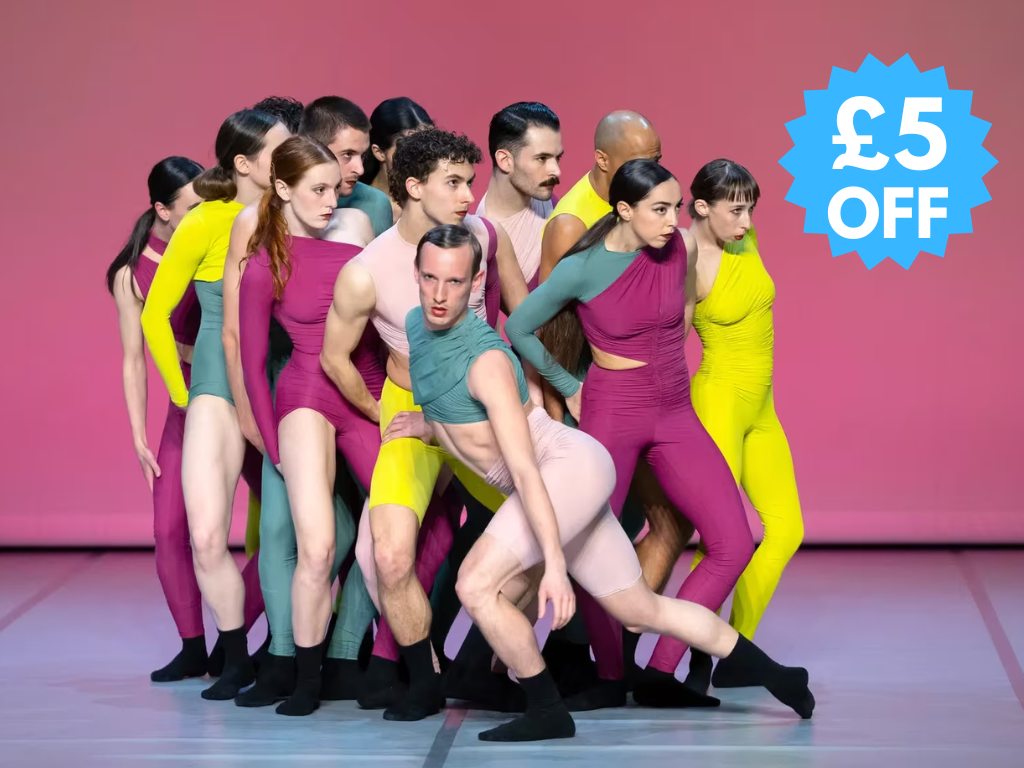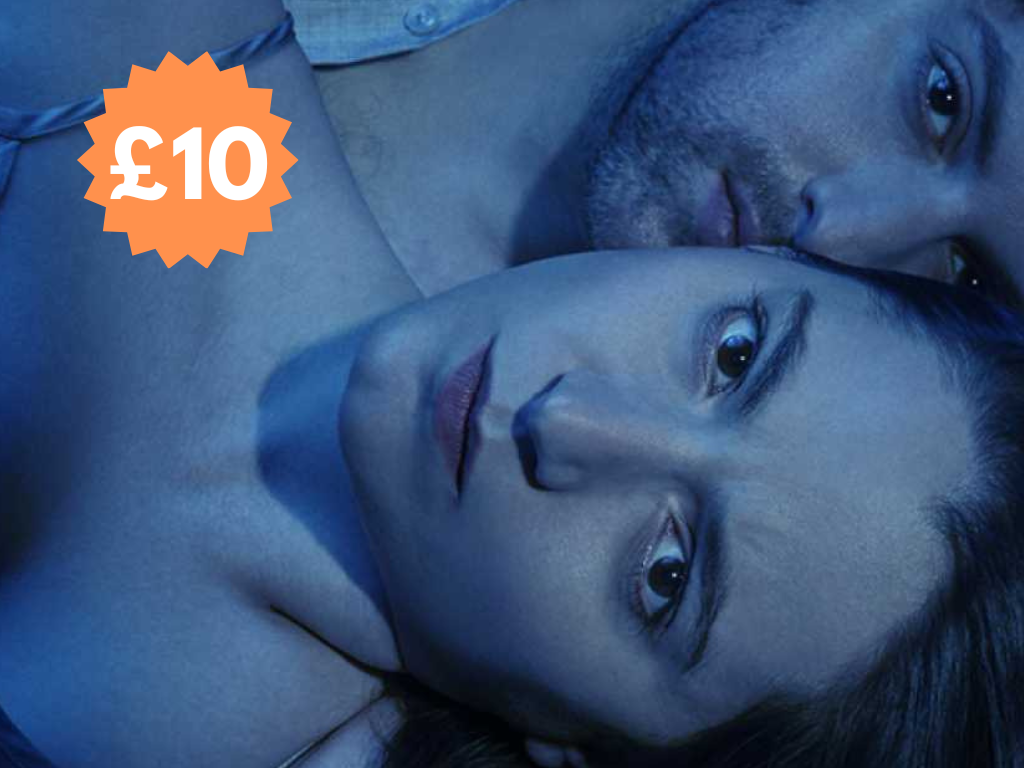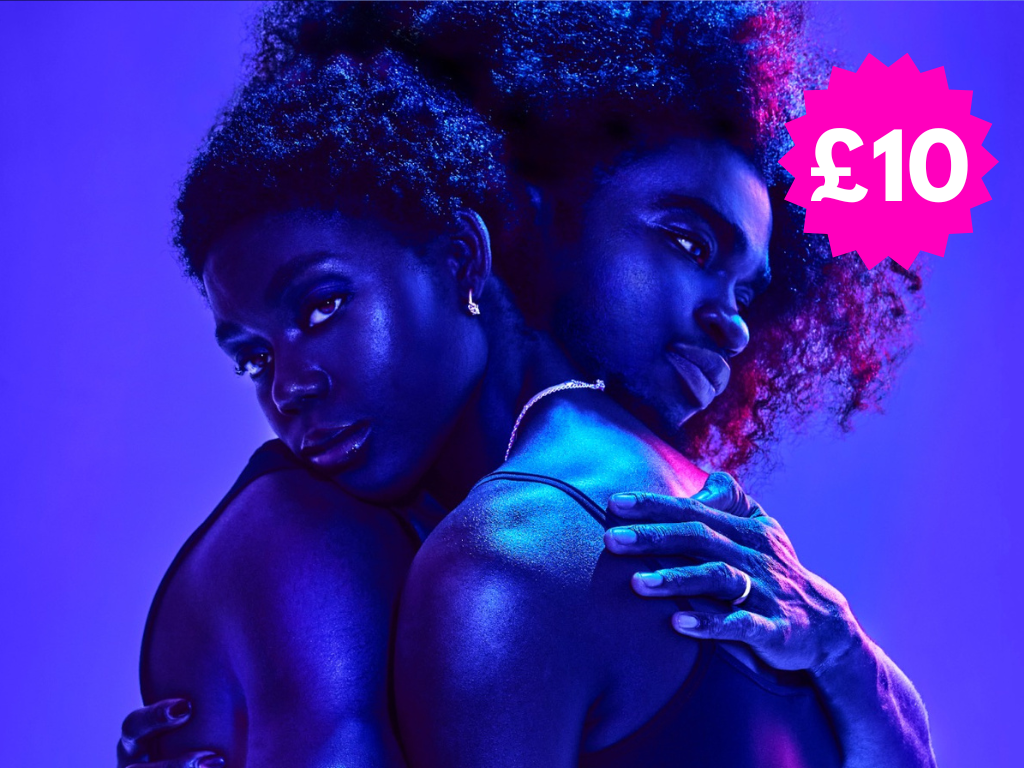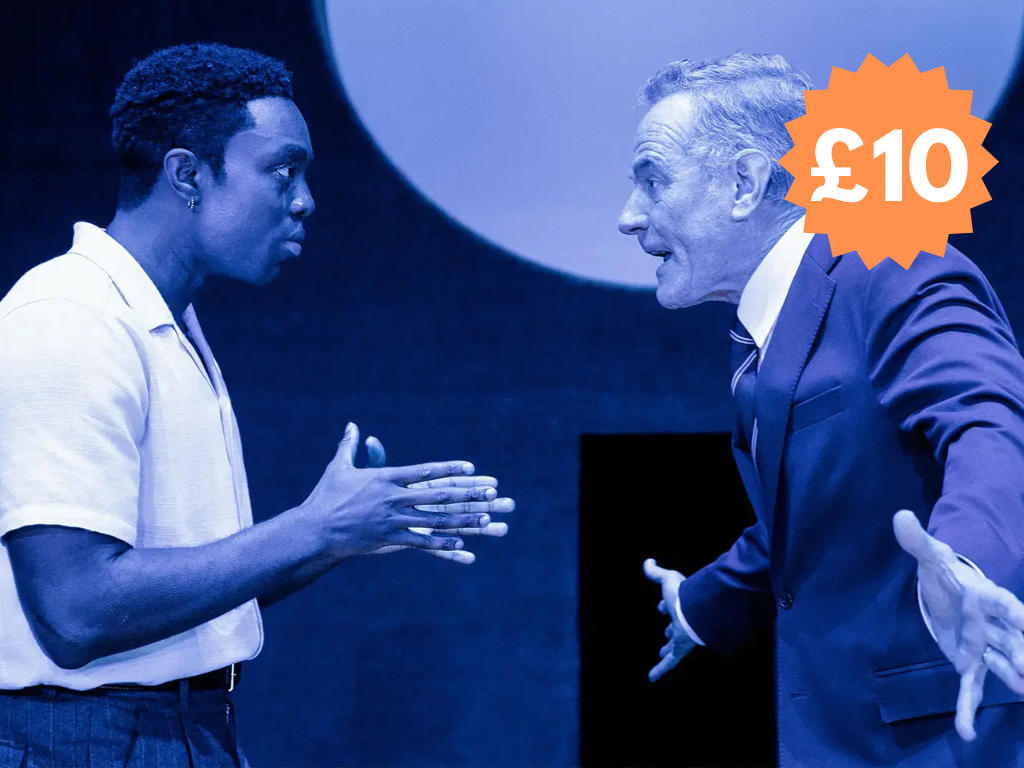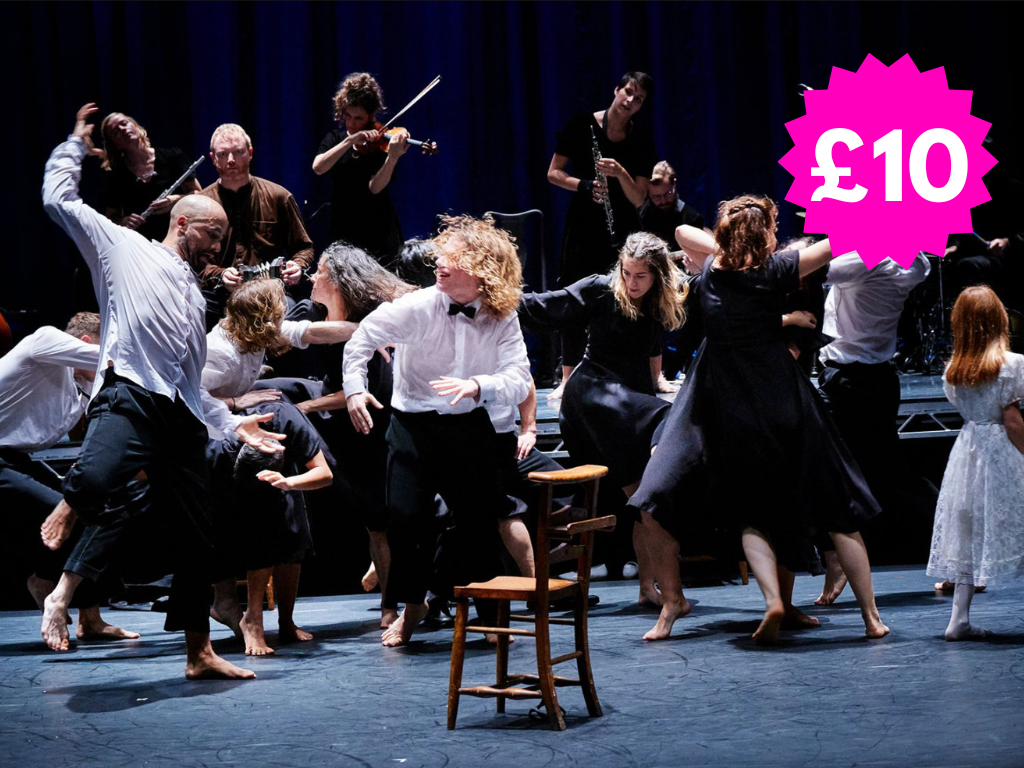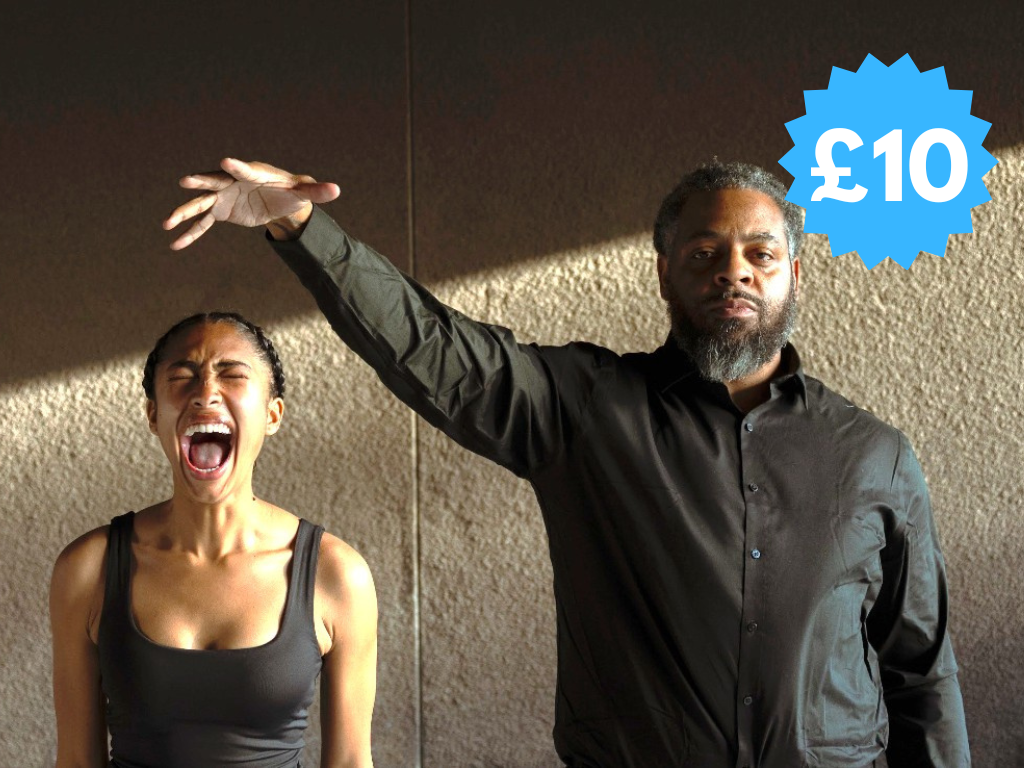“One Way Out”
My Theatre Confidences 🤫
“One Way Out” by Montel Douglas
Brixton House until 5 July
No glittering balcony here (if you know you know, lol) just four chairs, four boys, and the question of what it means to grow up in a city that’s shrinking around you. No safety nets. No room for mistakes.
Montel Douglas’s debut play strips theatre back to what it’s meant to be — at least in my eyes (and I’m guessing many of yours too). Honest. Sharp. Unafraid. If you feel that too, share this post as a quiet act of resistance against the algorithm-chasing spectacle theatre keeps becoming.
It’s not a “coming-of-age” story in the lesson-learned, feel-good sense. It’s tighter than that. Ninety minutes with four friends — Devonte, Salim, Tunde, and Paul — trying to finish college while the youth centre they hang out in slowly disappears. Then a window gets smashed. Just one moment. And only one of them ends up facing the full weight of the system.
That one is Devonte. Black, Caribbean-born, here since he was ten. But apparently that’s not enough. Not enough roots, not enough belonging. The system still sees him as removable — like an admin error. That’s the pulse of the play: not just the fear of deportation, but the machinery behind it. The processing. The interviews. The silence of it all. The letters that don’t even use your name.
What the play does so precisely is show how policy lives in the body. How it shifts dynamics between friends. How it sits in the pauses. How it makes everyday plans start to feel dangerous.
The Home Office scenes unsettled me. They reveal how institutional language really works; how polite cruelty sounds when it’s printed on letterhead or read out by someone just doing their job. The real danger isn’t coming from elsewhere. It’s already here. It lives in the systems we’ve normalised. In the scripts we follow. In the questions we ask like they’re neutral, when they’re designed to make people disappear.
Watching it, I kept thinking about how the government is still ramping up deportation powers. How the Hostile Environment hasn’t gone anywhere. How the Windrush generation is still waiting for compensation. How space for young people is vanishing in this city. Sold off, policed harder, or turned into glass boxes no one can afford. This play connects those dots not through stats, but through story. It shows us what’s lost when we let the system decide who belongs.
One of the things that brought a new kind of nuance to the conversation around who gets to belong in this country is the way the play handles cultural difference as something constantly negotiated. Four boys in the same postcode, same college, same chicken shop. But they’re not walking through the same world. Devonte is Black and Caribbean. Tunde is Nigerian. Salim is South Asian. Paul is white. The stakes aren’t shared. And the play doesn’t flatten that. It lets the pressure speak.
This is my personal take, so handle it gently — but there’s a quiet critique here of how we’re often sold multiculturalism as harmony, when it’s really just proximity under pressure. This isn’t a story of “different backgrounds, one heart.” It’s more honest than that. It shows how structural power moves unevenly — even between friends.
But it’s not just about injustice — it’s also about closeness. Boys being soft with each other. Jokes, check-ins, patties, fears. That tenderness holds. And when pressure cracks it, it hurts. Because by then, you’re rooting for them all to make it. Not in the capitalistic sense. Just to stay whole. To stay here.
Also, let me tell you about the movement which I truly loved. It resists being illustrative. It felt like a second layer of writing, a bold and creative thread running through the piece. It captured tenderness and support between friends, but also something deeper: that even when you’re holding it together on the surface, your body already knows what’s coming.
And while a balcony in the West End becomes a monument to celebrity ego singing an anthem recycled for the algorithm — all projections, camera pans, and clips pre-cut for TikTok — feeding us theatre stripped of meaning and sold back as brain-rotting spectacle, it’s artists like Montel, in a small studio in the heart of Brixton, who remind me why I fell in love with theatre in the first place. Who keep that love alive. Who refuse to let the form be emptied out.
A quick note on my reflections on the shows I see:
Let’s be clear: you won’t find the typical “review” on my page. I don’t buy into the so-called objectivity of mainstream theatre criticism; it’s outdated and protects toxic power structures while sidelining marginalised voices. I’m not objective, and I’m proud of it. I’ve got my own lenses. My reflections are personal, shaped by my lived experiences and values. I share what moved me, what challenged me, and what’s worth talking about; not ticking boxes or handing out stars.
And no, I’m not going to describe the whole plot or list every onstage moment; I find that mind-numbingly boring, both to write and to read.
Giuliano x
My Way of Looking at Theatre
You know, the more I think about it, the clearer it becomes that traditional theatre criticism has often been a tool for maintaining existing power structures.
It’s time to drop the privileged fancy talk around theatre and break free from star ratings.
